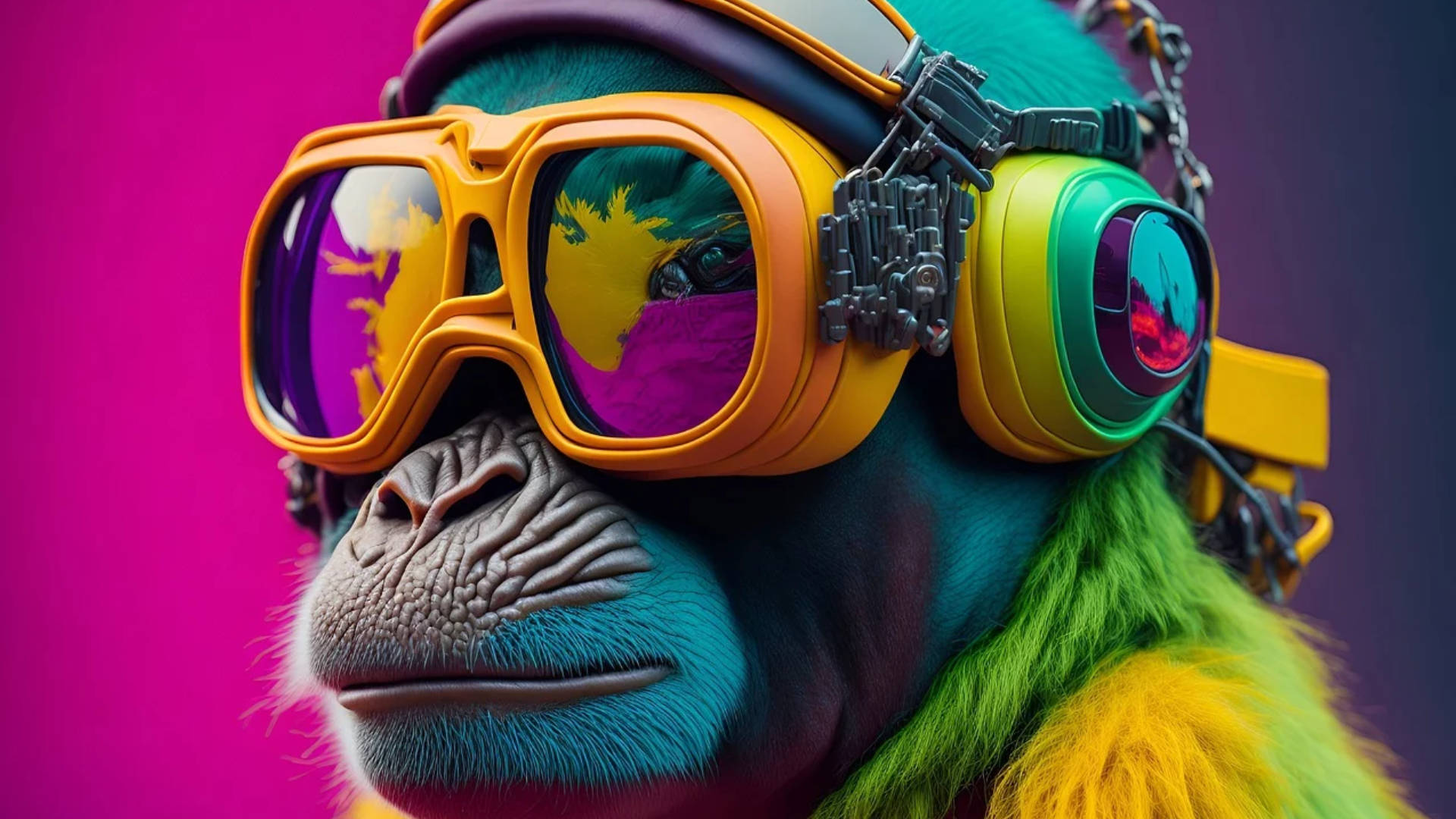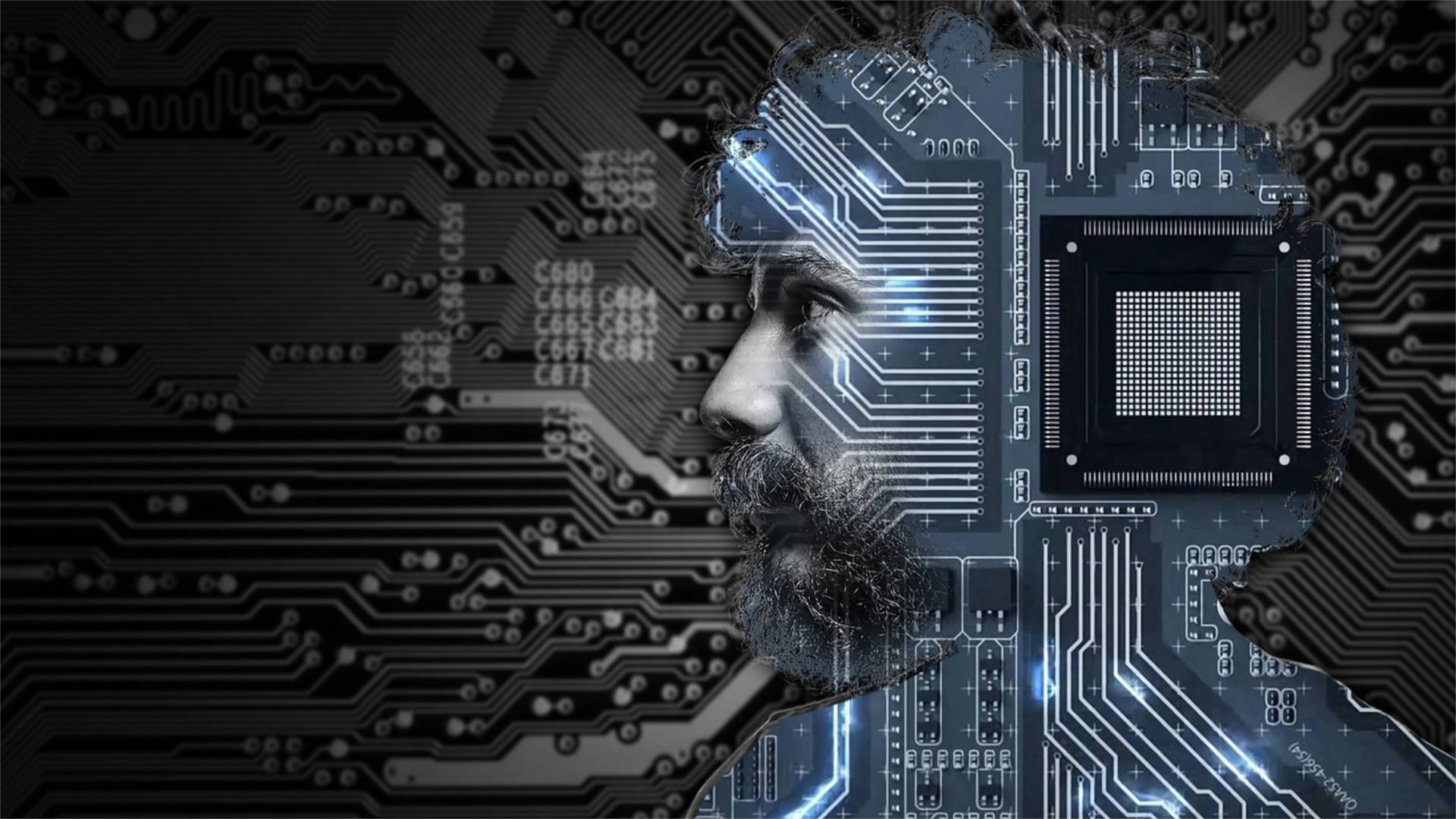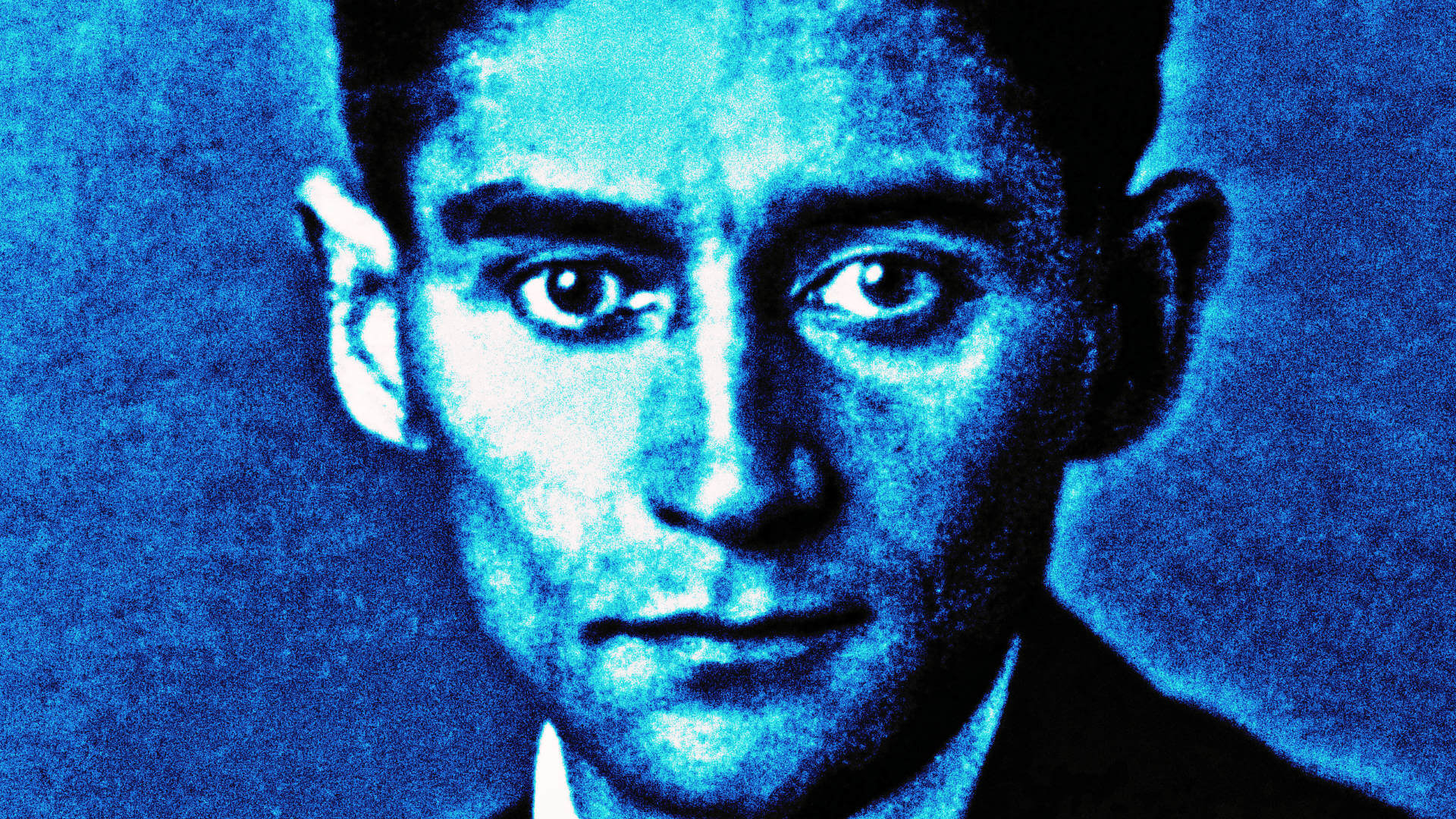Time Series coding – can ChatGPT get the job done?
Is ChatGPT really smart?
We are talking about AI, artificial intelligence. What do we mean by "intelligence" and can this property even be attributed to an entity made of electronics and software? Is intelligence something that is reserved for a living being? If the core of the word is considered, the question can be answered quickly. Intelligence is derived from the Latin "intellegere" which means "to recognize" or "to understand". Systems that we call AI today can be assigned the attribute "intelligent" under this aspect.
If the purely technocratic view of the term intelligence is abandoned, then it becomes obvious that intelligence is clearly more than recognizing or understanding connections. Behavioral scientists attribute intelligence to animals, when they are capable of humor. Primates and a few very intelligent breeds of dog have these dispositions. They can interact with their human counterparts, play, tease the human, show humor. In humans, too, perceptive humor is shown to be found in more intelligent ones. Does ChatGPT have humor? Original ones certainly don't.
Also, the original idea behind measuring human intelligence has long been discarded. A person cannot be assigned an single IQ. Human talents are broad and multifaceted. A person can be endowed with outstanding linguistic intelligence, but achieve only an average IQ in the mathematical field.
So is ChatGPT really intelligent? Most certainly, but in a very narrow segment of what is understood by intelligence in the aggregate. And this is how we must also view what AI can do according to the current state of the art.
Is intelligence enough for great things?
Scientists and inventors who conceive and create great things are always endowed with higher intelligence. But that alone is not enough to set milestones. In addition to intelligence, they are all characterized by extraordinary drive, self-motivation and outstanding creativity. Taking a look at the relationship between intelligence and creativity is particularly interesting.
People like to describe themselves as creative, but are they really? Two forms of creativity exist. The combinatorial and the original creativity. The latter is reserved for a few century people who are able to think up completely new things that cannot be derived from combining existing knowledge. Da Vinci, Mozart and Einstein were such outstanding personalities. They are commonly referred to as geniuses. But also the ability to combinatorial creativity, is not inherent to many people, because it cannot be learned.At first glance, one would assume that the more intelligent a person is, the more creative he or she is. But research shows this is not so. Up to an IQ of about 120, intelligence is one of the factors that enables creativity, but only one and not the most essential. From 120 on up, IQ no longer has any influence on creativity. The core of the ability to be creative is a gift of nature that is not given to everyone. But this gift is to be used, to work on it, so that the synapses connect maximally. This is done by training, as in sports, by thinking, by presenting the brain with difficult tasks. But endurance sports also promote the branching of the synapses, even in old age. But the best brain is of no use if it is not fed with knowledge. This is the database for combinatorial creativity. This explains why outstandingly creative people are downright obsessed with knowledge.
So is intelligence, as exhibited by AI today, enough to create great things? No. Is AI self-motivated? Not yet. Can AI be creative? Yes, but limited to combinatorial creativity. And what about emotions? Mozart was not a machine, but a sensitive, emotional human being who was prone to excess. Human emotions are also important in creating excellence. Does AI have emotions? No.
AI – a classic pattern to everyday practicality.
Revolutionary technologies do not appear on the scene out of nowhere, even if the general public perceives them that way. They go through a long process until knowledge, insights and ideas become something tangible that might one day be of use. Even ancient Greeks were concerned with electricity, hence the name, ēlektron for amber, with which electric charge could easily be generated. All sorts of things could be done with it, but what it could be used for was unclear for centuries. It was not until the end of the 18th century that things began to move. People started playing with electricity and tried their hand at it. Showmen such as Georg Heinrich Seiferheld, who was known as the "wandering electrician "1), entertained the public with hair standing on end, flying sparks and other curiosities. It was not until the invention of the light bulb that everything changed and divided observers into two camps: some were euphoric about the new possibilities, while others warned against the deadly alternating current, which won out over direct current.
The development of AI is going through a similar process, albeit much faster. As early as the 18th century, research was conducted into the development of "mechanical beings". The idea of creating something artificial and human-like was born. Whitmann went as a showman with his "machine man Barbarossa" through the country. The New Age movement of the 1930s went one step further and looked for ways to breathe human soul into machines. They called this "Cyborg". After that, a lot happened, not very publicized, because those who were already developing AI to today's level had no great interest in publicity. For a long time now, the Google algorithm has been dominated by AI, to such an extent that those responsible for Google Search Central can not always explain why content ranks better or worse. The US military also relies on highly developed AI, because it is predestined for this purpose. Military planning games, development of scenarios, recognizing the weaknesses of the enemy, predicting his next tactical steps and developing strategy, tactics and logistics based on this. The map table has had its day. Those who have AI at their disposal are superior. This also applies to finance and medical diagnostics. Many other areas will follow.
AI is currently entering the final phase of its broad market conquest. Showmen like in the old days, now in digital form, are roaming the country: ChatGPT, AI Voice Changer or AI Art Generator, for example. They are played with, experimented with, and cheated on, just like all new technologies. Increasingly, these tools are also being used commercially. ChatGPT writes blog articles, not always useful ones, AI Art Generator paints pictures, amazingly beautiful ones, which are used to design greeting cards. Commercial applications are crystallizing and, as with electricity, observers are again divided: Some euphoric, others warning of the risks of AI, like Elon Musk, who already in 2018 said "...AI is far more dangerous than nukes. "2) Deep fakes circulating on the internet, are just a harmless foretaste.
Where will the journey go? Can a society say, this far and no further? Yes, it can, but it will not stop any technology worldwide whose time is ripe. It will find its way. Nuclear fission and genetic engineering have shown that. What is feasible will be done by someone, sometime, somewhere. It is a matter of being there and exerting influence or going with the flow.
The copyright thing: who owns what AI creates?
When technologies begin to gain a commercial foothold, it is the lawyers' time. Property rights and a lot of money are at stake, and for the creators of the technology, patents. When it comes to AI, people thought ahead and designed projects like Open AI as open source. This is thanks in particular to Elon Musk, who believes that patents are for the weak and would hinder progress. Professors Raustiala and Springman explain this conclusively in their book "The Knockoff Economy: How Imitation Sparks Innovation "3).
In connection with AI, however, a completely new legal topic opens up that did not exist in this form before: the question of copyright. Copyrights are established by an independent creative achievement of an individual, are inseparable from it, cannot be sold, only the use on the work itself. Until now, machines could not establish authorship by definition, not even weaker rights such as design protection. But with AI, times are changing. What is AI, is it just a painter's brush that guides him to create his masterpiece, or is AI more? Until now, U.S. courts did not accord AI any greater significance than a paintbrush. Their jurisprudence was clear: the result of AI cannot establish authorship because it is merely the combination of existing things that lacks independent creative effort.
But what about the individual who sits "in front" of the AI, who through his knowledge, skill, experience, intelligence and creativity enables AI in the first place to conceive, to create, to train AI? With all its abilities, elicits results from AI that another individual would not be capable of? Does an individual's performance in relation to AI no longer have any value at all? U.S. courts are now gradually adjusting their opinion on this. If the creative effort can be clearly distinguished from the result of the AI, then there is a chance of authorship. The topic is new, and there will be a lot of litigation to achieve legal certainty. And they are just starting up, lawsuits by prominent companies like Getty Images4).
Japan is taking a diametrically opposed path to the U.S. on copyright and AI, stating that AI products generally cannot establish authorship5). Thus, the country follows the views of Musk and Professors Raustiala and Springman regarding innovation and creates an innovation-friendly environment with it. A chance for a Japanese come back on the international stage in terms of technology? Quite possibly. The EU is doing what it does best when it comes to AI: Thinking about regulations and bans.
But the authorship issue is only the first act, to be followed by the second through AGI (Artificial General Intelligence). Then the topic of patents will play a role, because at some point AGI will also invent something new. Will that be patented and who will hold the patent?
Let's make a try: Time Series Coding with ChatGPT.
HAKOM Time Series dares to try and will give ChatGPT the task to generate code for Time Series applications in its next webinar. Will ChatGPT be able to create useful and also functional code? And if so, who owns the product created with ChatGPT. Dr. Jeanette Gorzala will expertly shed light on this aspect.
If you want to be part of this exciting experiment live, you should register for the next HAKOM webinar "Creating Value for Time Series Developers with ChatGPT in the Energy Sector." which will take place on Wednesday, June 28, 2023 at 14:00 (Madrid, Vienna, Berlin). Attendance is free and as always, the webinar will be available to watch on-demand on the HAKOM YouTube channel.
Notes.
Sources:
1) Hilz, Helmut; Schwedt, Georg: »Zur Belustigung und Belehrung«, Experimentierbücher aus zwei Jahrhunderten. S. 17ff. Deutsches Museum, München 2002.
2) Musk, Elon: Vortrag SXSW Conference & Festivals, 2018.
3) Raustiala, Kal; Sprigman, Christopher: The Knockoff Economy: How Imitation Sparks Innovation. Oxford University Press, 2012.
4) See a.o: Glover, Ellen: AI-Generated Content and Copyright Law: What We Know. builtin.com.
5) See a.o: N.N: Japan Goes All In: Copyright Doesn’t Apply To AI Training. technomancers.ai.
Header Picture:
Without copyright, generated by AI.

![[Translate to EN:] [Translate to EN:]](/fileadmin/userdaten/DATEN/BILDER/news/inside/2-jahre-powertsm-azure-cloud.jpg)
![[Translate to EN:] [Translate to EN:]](/fileadmin/userdaten/DATEN/BILDER/news/inside/hakom-liat-episoden-2023.jpg)


